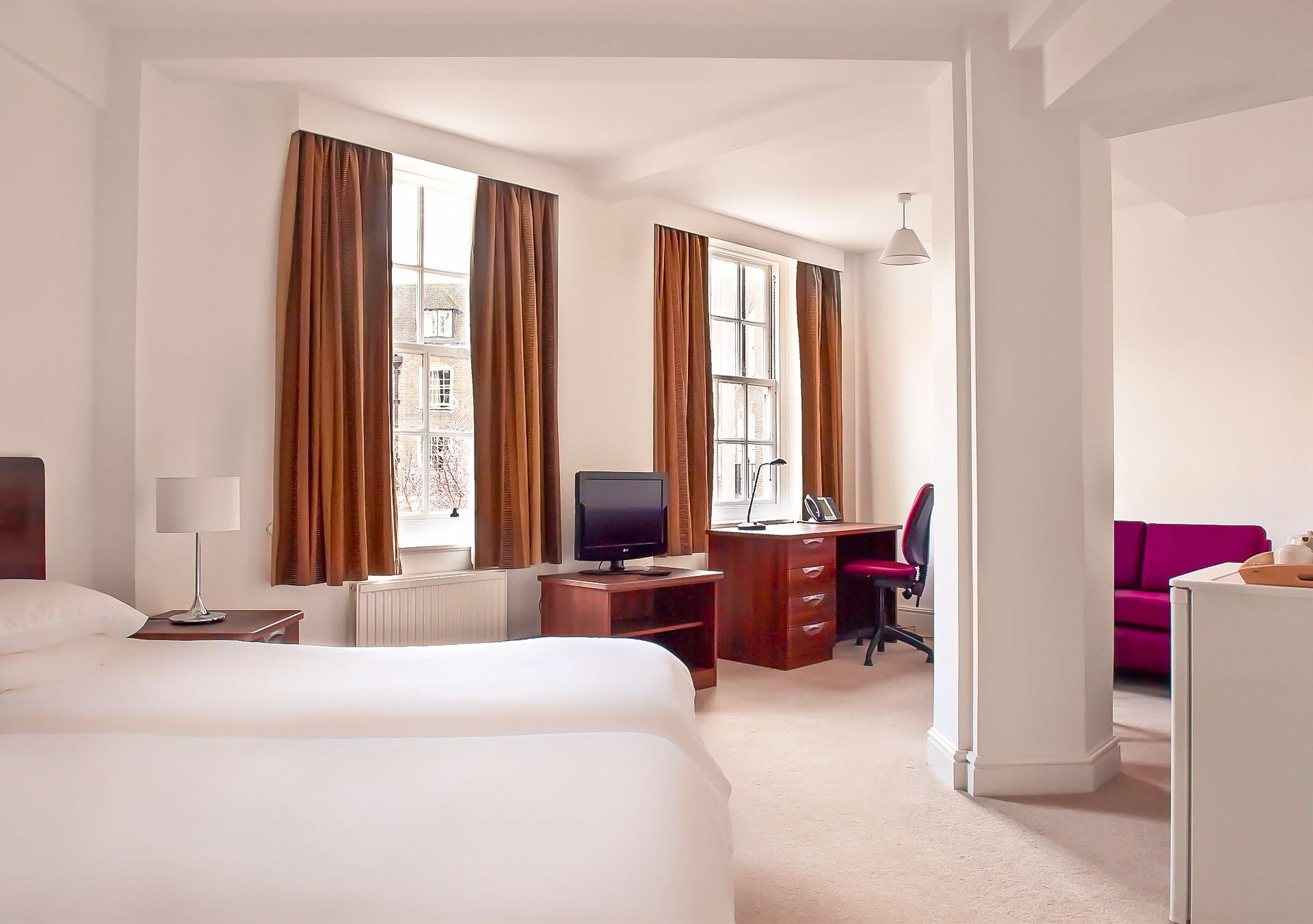Corsica is an island in the Mediterranean Sea belonging to France. It is located west of Italy, southeast of the French mainland, and north of the Italian island of Sardinia.
The island has a mild climate and some of the most diverse landscapes in Europe which attracts more than three million visitors each year. Despite these numbers, tourism has not ruined this beautiful island, and there are few resorts surrounding the white beaches.
The small town of Corte is situated on the side of a wedge-shaped crag against a stunning backdrop of granite mountains – this is the historic capital of the island, and where the accommodation we have on offer can be found.
Food
From the mountains to the plains and sea, many ingredients play a role. Game such as wild boar is popular. There also is seafood and river fish such as trout. Delicacies such as ficatellu, coppa, ham, lonzu are made from Corsican pork. Cheeses like brocciu, casgiu merzu, casgiu veghju are made from goat or sheep milk. Chestnuts are the main ingredient in the making of polenta (a type of flour).
Transport
Visitors to the island can arrive either by air or by sea. Flights from most major European cities land at Bastia in the north, or Ajaccio in the south. Ferries from Marseille and Nice dock in Calvi, Bastia and Ajaccio.
Corsica has 232km of metre gauge railway. The main line runs between Bastia and Ajaccio and there is a branch line from Ponte-Leccia to Calvi. The railroad retains the air of a friendly local railroad and is an excellent way to get around the island, for both the inhabitants and tourists.
